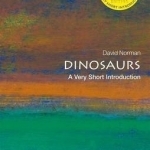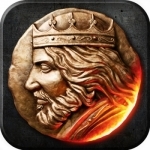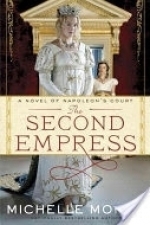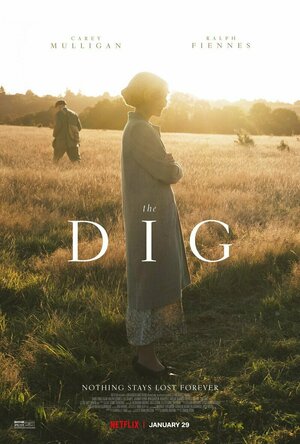
Vienna: A Cultural and Literary History
Book
From border garrison of the Roman Empire to magnificent Baroque seat of the Habsburgs, Vienna's...

The Guide to Modern Cupping Therapy: A Step-by-Step Source for Vacuum Therapy
Book
An ancient technique has found its place in the modern world of healing. In recent years, you've...
Bob Mann (459 KP) rated The Dig (2021) in Movies
Jan 31, 2021
Against this backdrop there is a critical illness emerging, a son (Archie Barnes) and his attachment to the father figure of Brown and a potential romance between Rory and archaeologist Peggy Piggott, trapped in a loveless marriage.
Talent:
Starring: Carey Mulligan, Ralph Fiennes, Johnny Flynn, Lily James, Archie Barnes, Ken Stott, Monica Donlan.
Directed by: Simon Stone.
Written by: Moira Buffini (from the novel by John Preston).
Bullet points of my thoughts:
+ Superb acting by Mulligan and Fiennes – Oscar noms for both?
+ Young Archie Barnes impresses as the son Robert
+ Cinematography by Mike Eley shows the open Suffolk skies at their best
+ Based on fact, a fascinating historical record of the real excitement of uncovering the past
o The script deftly melds the archeology with the love story subplot: but was the latter really necessary?
– Curious “man heavy” script, replacing some of the historical female characters with men and making Peggy Piggott (Lily James) a bit of a klutz
– Asynchronous editing decision I found to be distracting and unnecessary.
For my full review, please see the video at https://youtu.be/m8Ad8B8dkSY .

Dinosaurs
Book
Dinosaurs are fascinating creatures and their popularity seems never ending, fuelled by films such...

War and Order
Games
App
Orc Knights, Elf Sages, Dragon Riders, and other incredible warriors are waiting to fight for your...

Bahamas Tourism
Travel and Navigation
App
* Universal compact app for iPhone 6 / iPhone 6 Plus / iPhone 5 / iPhone / iPod / iPad BAHAMAS...

Ubud City Guide
Travel and Navigation
App
* Universal compact app for iPhone 6 / iPhone 6 Plus / iPhone 5 / iPhone / iPod / iPad UBUD CITY...

Las Vegas City Offline Travel Guide
Travel and Navigation
App
* Universal compact app for iPhone 6 / iPhone 6 Plus / iPhone 5 / iPhone / iPod / iPad LAS VEGAS...

Trabzon City Travel Guide
Travel and Navigation
App
* Universal compact app for iPhone 6 / iPhone 6 Plus / iPhone 5 / iPhone / iPod / iPad TRABZON CITY...

The Second Empress: A Novel of Napoleon's Court
Book
After the bloody French Revolution, Emperor Napoleon’s power is absolute. When Marie-Louise, the...
